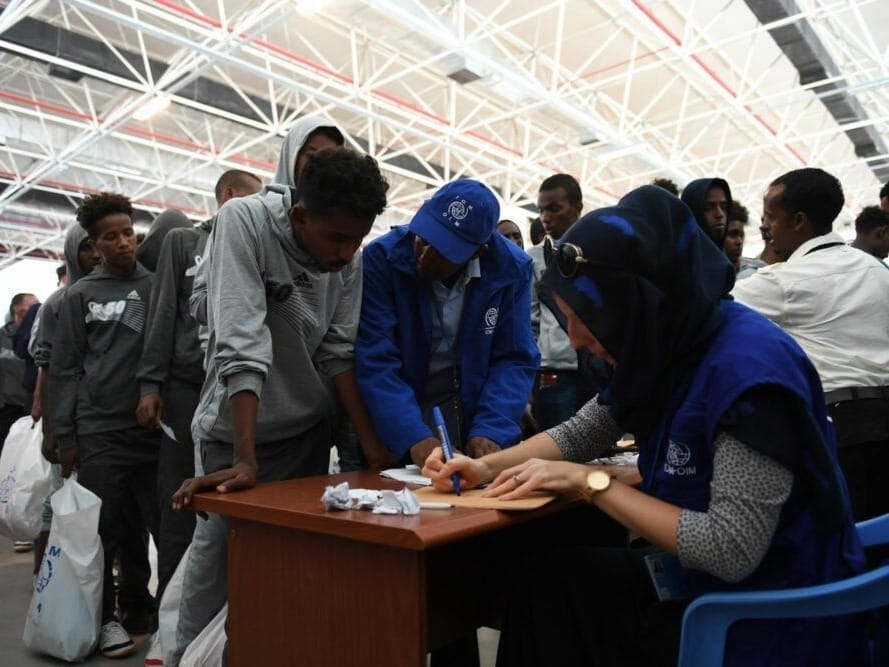GENEVA (AN) — For only a second time in a half-century, the leading international organization for migration will not be led by an American.
It is the most prominent sign yet of a global backlash against U.S. President Donald Trump's policies on migration, economy and trade.









